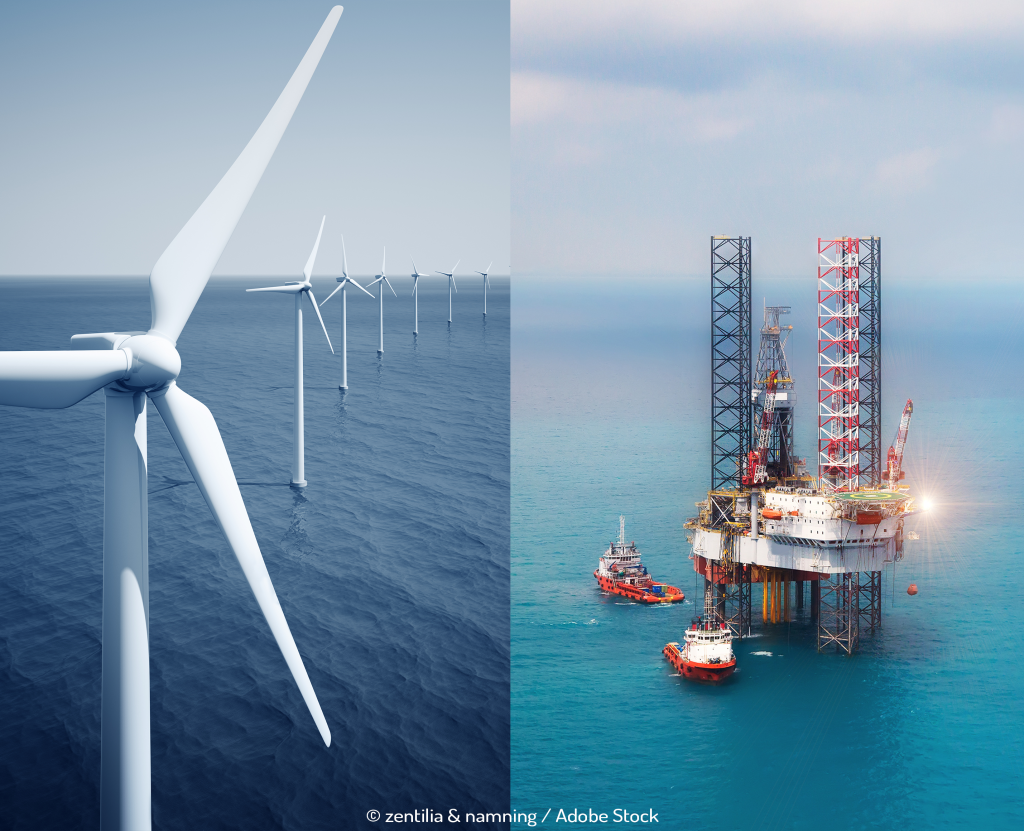
The impact of COVID-19 on the oil & gas and renewable energy sector
This week we’re taking an overview of how the industry’s been affected by the COVID-19 pandemic. Yes, most of it is what you’d expect but as we all know, no crisis should go to waste so we’ll see what opportunities are arising from this.
While the energy sector is an essential service and as such people working within it have been granted far greater flexibility, life as we know it has become far more difficult. Quarantine measures, longer periods offshore to support projects, and increased red tape have become part and parcel – but there is a myriad of issues that could yet crop up.
All of a sudden tracking lengths of supply chains has taken on greater importance because it’s not just one step back that could impact on your project, but second and third-tier suppliers. Workforce planners look for crystal balls as they try to mitigate against the long-term of reduced availability of workers which might see wells sealed off if rigs fail to have sufficient people on board to maintain safety levels.
It’s not just having too few people to work in the oil sector, it’s also the lack of demand for the product and in turn the accelerating societal pressure for fundamental change. We’re hearing calls for economies to ‘build back better’, a phrase recently used by the UK Government to describe its commitment to a green recovery from the COVID-19 crisis. And before the summer recess Boris Johnson plans to bring forward an economic recovery plan which many expect will introduce new support measures for a green economy. It’s not something unique to the UK as international pressure is applied by campaigners.
“Governments are embarking on the monumental task of devising stimulus and recovery packages. These are at a scale to shape societies and economies for years to come,” says Francesco La Camera, director-general of the International Renewable Energy Agency (IRENA). The organisation predicts Southeast Asia, Latin America, The EU and Sub-Saharan Africa will produce up to 80% of their energy needs from renewable sources and he’s keen that “stimulus and recovery packages should accelerate the shift to sustainable, decarbonised economies and resilient inclusive societies.”
The consequences are clear, as McKinsey put it: while the sector is too important to fail, “our research suggests that without fundamental change, it will be difficult to return to the attractive industry performance that has historically prevailed. On its current course and speed, the industry could now be entering an era defined by intense competition, technology-led rapid supply response, flat to declining demand, investor scepticism, and increasing public and government pressure regarding impact on climate and the environment.”
Although this could all be seen as being favourable for the renewable sector, it too is feeling the heat. Just as with oil, there’s been a fall in demand and significant price reduction for electricity, to the point of even turning negative in some European countries. In terms of project development, there have been major delays and shutdowns as a result, experienced by companies like GE and Siemens. This is down to manufacturing coming to a shuddering halt in almost every country, and consequently supplies of essential components has been disrupted. It’s brought into sharp focus the need to consider supply chains here too. According to power-technology.com, “China and Europe hold more than 60% of global raw wind material and component imports. The US is reliant on imports of wind equipment from a number of countries. China holds more than 30% and Europe holds more than 25% of the US raw wind material and component imports” and concludes that “Countries should avoid dependency on one or two countries and progress towards attaining self-reliance on domestic production and diversifying their supply networks to overcome future disruptions.”
There is no doubt – what we are experiencing now will transform the energy industry of the future. Ask the world’s energy watchdog who will fare better and there’s no competition. The International Energy Agency said COVID-19 would trigger multi-decades lows for the world’s consumption of oil, gas and coal while renewable demand would grow. “It is still too early to determine the longer-term impacts,” said the executive director Fatih Birol. “But the energy industry that emerges from this crisis will be significantly different from the one that came before.”


